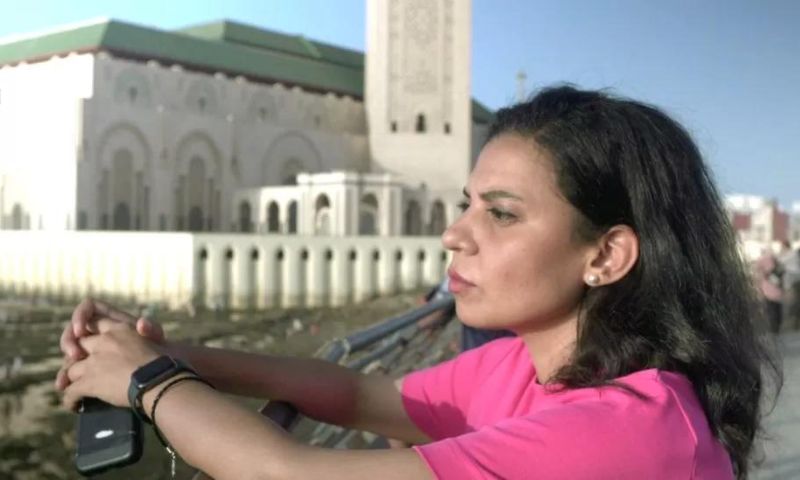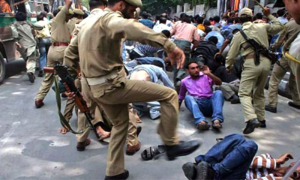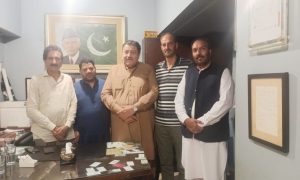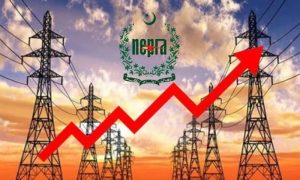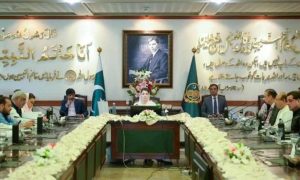LONDON: An alarming and distressing investigation in recent weeks has spotlighted a dark world of sexual abuse and exploitation by men posing as “spiritual healers”, particularly in Africa.
This disturbing revelation has unveiled a disturbing underbelly of abuse that has been hidden within the realm of spiritual healing, also known as “Quranic healing,” predominantly practised in the Arab and Muslim world.
The victims, mainly women, turn to these so-called healers seeking solutions to their problems and cures for ailments, believing that these individuals possess the power to expel unkind spirits known as “jinn.”
The investigation involved meticulous efforts, spanning over a year, during which the BBC collected testimonies from 85 women. These brave women came forward to share their experiences, revealing a pattern of exploitation that stretches across Morocco and Sudan, two countries where these practices are particularly prevalent. The accusations ranged from harassment to outright rape, with 65 self-proclaimed healers being named in these horrifying stories.
The process of uncovering these tales of suffering involved rigorous research, and collaboration with NGOs, legal experts, and women who had been subjected to these traumatic experiences. To gain further insight, an undercover reporter from the BBC posed as a patient seeking treatment from one such healer. Tragically, even the reporter was not spared from the horrors, experiencing inappropriate advances during the investigation.
One survivor, whose real identity remains concealed, recounted her harrowing ordeal. Referred to as Dalal, she sought treatment for depression from a spiritual healer near Casablanca. The healer, instead of offering solace, took advantage of her vulnerability.
Under the pretense of performing a ritual, he administered a substance that caused her to lose consciousness. Dalal awoke to the realization that she had been raped. Overwhelmed by shame, she kept her traumatic experience hidden. The aftermath of her ordeal plunged her into further despair, as she discovered she was pregnant. Fearing judgment and reprisal, she contemplated ending her own life. Her narrative is a testament to the long-lasting devastation caused by such heinous acts.
A toxic combination of shame and fear fuels the silence surrounding these acts of abuse. Many victims remain reluctant to come forward, fearing that reporting their experiences could lead to their own blame or even provoke the vengeful wrath of the jinn. These unjust fears perpetuate a cycle of silence, allowing these predators to evade justice and continue preying on vulnerable individuals.
The accounts of abuse extend beyond borders. In Sudan, women like Sawsan shared stories of exploitation after approaching healers for assistance. One chilling account details a healer’s shocking recommendation that he has sexual intercourse with her, using the resulting fluids to create a potion that she should give to her husband. The audacity of such propositions is deeply unsettling and underscores the unchecked authority wielded by these individuals.
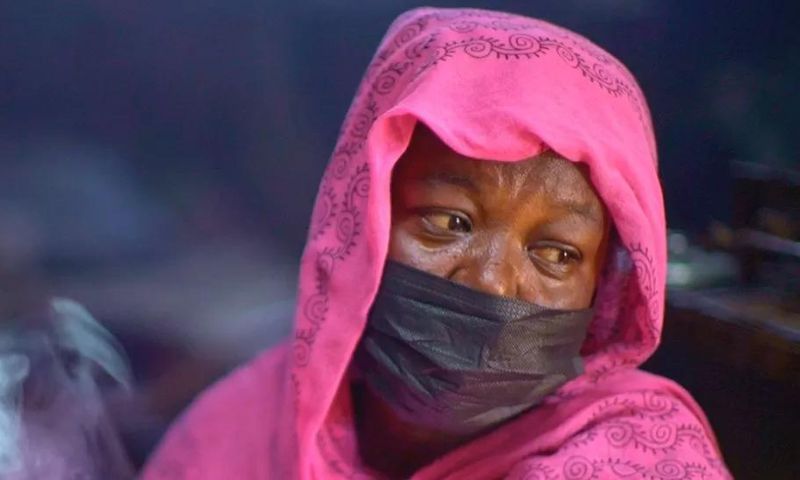
The investigation also highlighted a concerning trend of religious leaders being implicated in these disturbing activities. Reports of manipulation, sexual coercion, and harassment by leaders like Sheikh Ibrahim surfaced, prompting the BBC to delve further. An undercover journalist, posing as a client in need of assistance, encountered Sheikh Ibrahim’s inappropriate behaviour firsthand. These events underscore the pressing need for accountability within religious leadership.
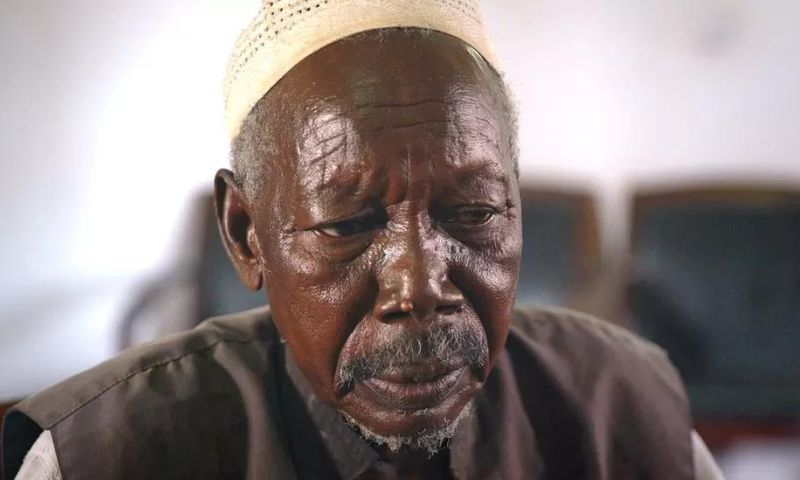
Amidst these harrowing narratives, a glimmer of hope emerges from Khartoum. Sheikha Fatima, recognizing the danger posed by exploitative healers, has established a female-only healing centre. For three decades, this haven has provided women with a safe space to experience healing without fear of exploitation. Her centre’s mission highlights the potential for positive change and the importance of creating environments where victims can heal without further harm.
The findings of this investigation throw a harsh light on the need for regulation and accountability within the realm of spiritual healing. The lack of action taken by authorities in Morocco and Sudan raises concerns about the safety and well-being of those seeking spiritual guidance.
It is clear that the burden to address this issue rests heavily on the shoulders of survivors who bravely share their stories, as well as society’s collective responsibility to support them in their quest for justice. Only through collective action and a commitment to change can we hope to dismantle the hidden world of abuse that has plagued the practice of spiritual healing.









